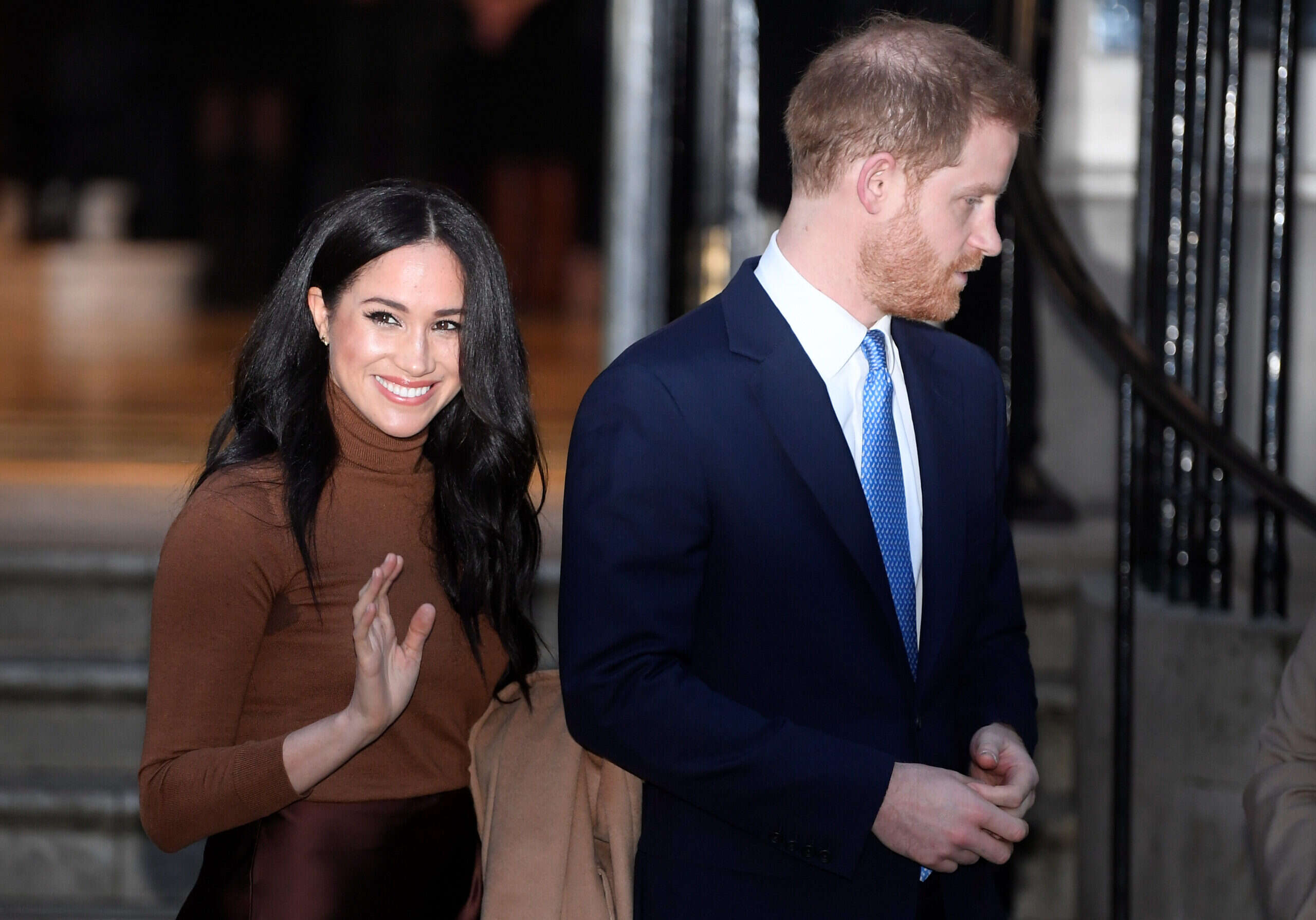
The royal family is in danger of losing its “mystique” and being equated to the Kardashians among Gen Z audiences, a journalist with the social-first News Movement has warned.
Speaking on a panel focused on the future of royal reporting at the Society of Editors‘ Media Freedom Conference, Sophie Peachey said the royals “resonate” less with younger news consumers who did not “grow up with this bond to the monarchy in the way that other generations did”.
She said there had been a “massive uptake” for The News Movement‘s royal coverage, but added: “What we found was that what Gen Z was interested in was not the people, it’s the institution as a whole, it’s the themes that shroud the monarchy.”
Some of The News Movement’s most popular content, she said, had been explanatory videos exploring “who actually is King Charles? What happened at the Queen‘s funeral? Does the public want a monarchy?”
Peachey said that to some Gen Zers, the royal family is seen as just “another dynasty”. “It’s becoming a Kardashians,” she said. “One thing the monarchy does still have is this mystique. We’ve got a million influencers. None of them are royal – that will always be a thing, they will always have that, there will always be that one-upmanship there.
“And when you’re pumping out books and interviews with Oprah, you’re doing documentaries, it’s just becoming another reality TV show.”
The panel’s moderator Camilla Tominey, associate editor of The Daily Telegraph, agreed that Prince Harry in particular had “pulled back the curtain” and “we’ve all seen him in his underwear”.
Roya Nikkhah, royal editor of The Sunday Times, said the family themselves are worried about the risk of waning interest from younger generations. “A constant concern for the royal family, the younger generation… is how do we stay relevant? How do we reach those audiences?… Are younger audiences even interested? And if they’re not what does that mean for the future of the monarchy?”
Nikkhah also sought to defend the royal rota system, a press pool through which accredited news organisations gain access to royal events and share content – and briefings that take place between journalists and royal press offices. The Duke and Duchess of Sussex have been critical of the system.
“Of course there’s briefing,” she said. “If I get a fact and I want it checked out, I’ll ring up one household, get some guidance on it. The point to make here is that when Harry was an official working member of the royal family, if he wanted to let you know something he would let you know something and he would get his press secretary to brief.
“He has press secretaries now, that’s still going on. So yes of course there is guidance given, yes of course there is briefing as there is with pretty much any specialism. It’s not as sinister as I think Harry and Meghan would like everyone to believe.”
Catherine Mayer, author of the biography Charles: The Heart of a King, backed several of the Duke and Duchess’s criticisms of royal reporting in the UK. She said: “The media that greeted Meghan’s arrival in the royal family, a lot of it was extraordinarily racist and misogynistic. And there are a lot of problems in the way that we cover the royals.”
Russell Myers, associate editor of the Daily Mirror, defended the press’s coverage. He said reporting on “Meghan, and indeed Harry as a couple when she first came on the scene, was overwhelmingly positive”.
Email pged@pressgazette.co.uk to point out mistakes, provide story tips or send in a letter for publication on our "Letters Page" blog
